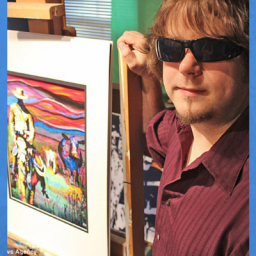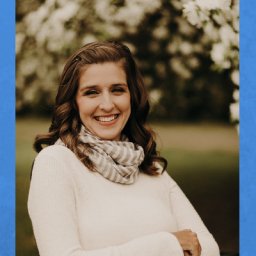Jonathan Mooney is a dyslexic writer, motivational speaker, author, and activist. He is a graduate of Brown University and a winner of the prestigious Truman Scholarship. Jonathan is the Founder and President of Project Eye-to-Eye, which has over fifty chapters in over twenty states nationwide. Eye to Eye is a “national mentoring movement that empowers young people with learning disabilities by giving them a mentor who shares that experience.”
At twelve years old, Jonathan learned to read. Identified by others as "dyslexic and profoundly learning disabled with attention and behavior problems," Jonathan Mooney wanted to free himself and others from being labeled. As a child, Jonathan was categorized as a short bus rider- a term used for children in special education. This misnomer led Johnathan, as an adult, to create a larger-than-life journey. He purchased his own short bus and set out across the country. Jonathan looked for children who had dreamed of whimsical, imaginative, and magnificent ways to overcome the stigma, the labels, and the negative perceptions of others.
Jonathan has established himself as one of the foremost leaders in LD/ADHD, disabilities, and alternative education. He is the author of three books, Normal Sucks: How to Live, Learn, and Thrive Outside the Lines The Short Bus: A Journey Beyond Normal Learning Outside The Lines: Two Ivy League Students With Learning Disabilities And ADHD Give You The Tools For Academic Success and Educational Revolution. He has also appeared in The New York Times, USA Today, NPR, ABC News, New York Magazine, The Washington Post, The Boston Globe and numerous other local and regional papers in the cities, states, and countries where Jonathan has traveled.
Interviewed by our Different & Able President and Founder, Alexandra Nicklas, Jonathan shares his views on the narrow educational definition of intelligence and the fight to advocate for oneself. Jonathan says, “We need to stop trying to figure out what is wrong with people and focus on what is right with people.” He is hopeful that, by talking about one’s difference, society’s stigma of people with differences will be eliminated. Johnathan’s goal is that young people with a difference will be confident and optimistic in what the bright and successful future holds for them.



